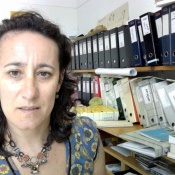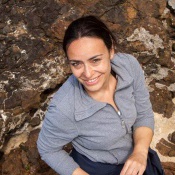Application of a model of sustainable tourism to areas of Natura 2000 network in the Azores – MOST
In order to achieve sustainability the tourist activity has to generate wealth and involve local populations, while minimizing potential impacts on the environment. Portugal has a territory with several touristic attractions. Tourism of Nature (TN) and Ecotourism (ET) are both potentially sustainable. TN is in Portugal among the top ten products on consolidation of politics of development and touristy offer, as defined in the Strategic National Plan of Tourism (SNPT), and its importance is not restricted to its own definition, but to what it represents as an option of sustainable development. We don’t know yet the main impacts associated with some activities economically important to the Azores, such as the TN. The Azores, an outmost region of the EU, has unique ecosystems whose importance surpasses the Macaronesian region to which they belong. They are particularly attractive to nature lover tourists and ecotourists, and as such are the ideal place to test new ideas for the implementation of a model of sustainable tourism of nature.
The Azores have an important natural heritage, a great landscape and a unique culture, recognized at both national and international levels. As such this proposal aims to contribute to endow the Natura 2000 areas in the Azores with a structured ecotouristic product, according to the premises of the sustainable development and based on the development of methodologies and quality criteria, fitness and carrying capacity (CC), of existing and potential terrestrial tracks and marine corridors. The CC concept is particularly important to assess, for a proper planning and management of tourism and recreation, and without it we risk to surpass the optimal use of tourism resources. The islands of São Miguel and Flores were chosen as case-study, because of their differences in terms of demographic pressure and touristy occupation. The areas within the scope of the project are SACs of Natura 2000 network in the Azores, and as such are subjected to several legal constraints but are naturally devoted to the practice of tourism of nature. The framing of ET within the frame of outermost regions in Europe is essential for the goals of the project. ET is growing fast and this growth tends to deviate from the modality and context of sustainability. Thus it is of great relevance the study of sustainability dimensions present in the ET offer.

Maria da Anunciação Mateus Ventura
Rita Velez Grilo, Rose Emilia Macedo De Queiroz

